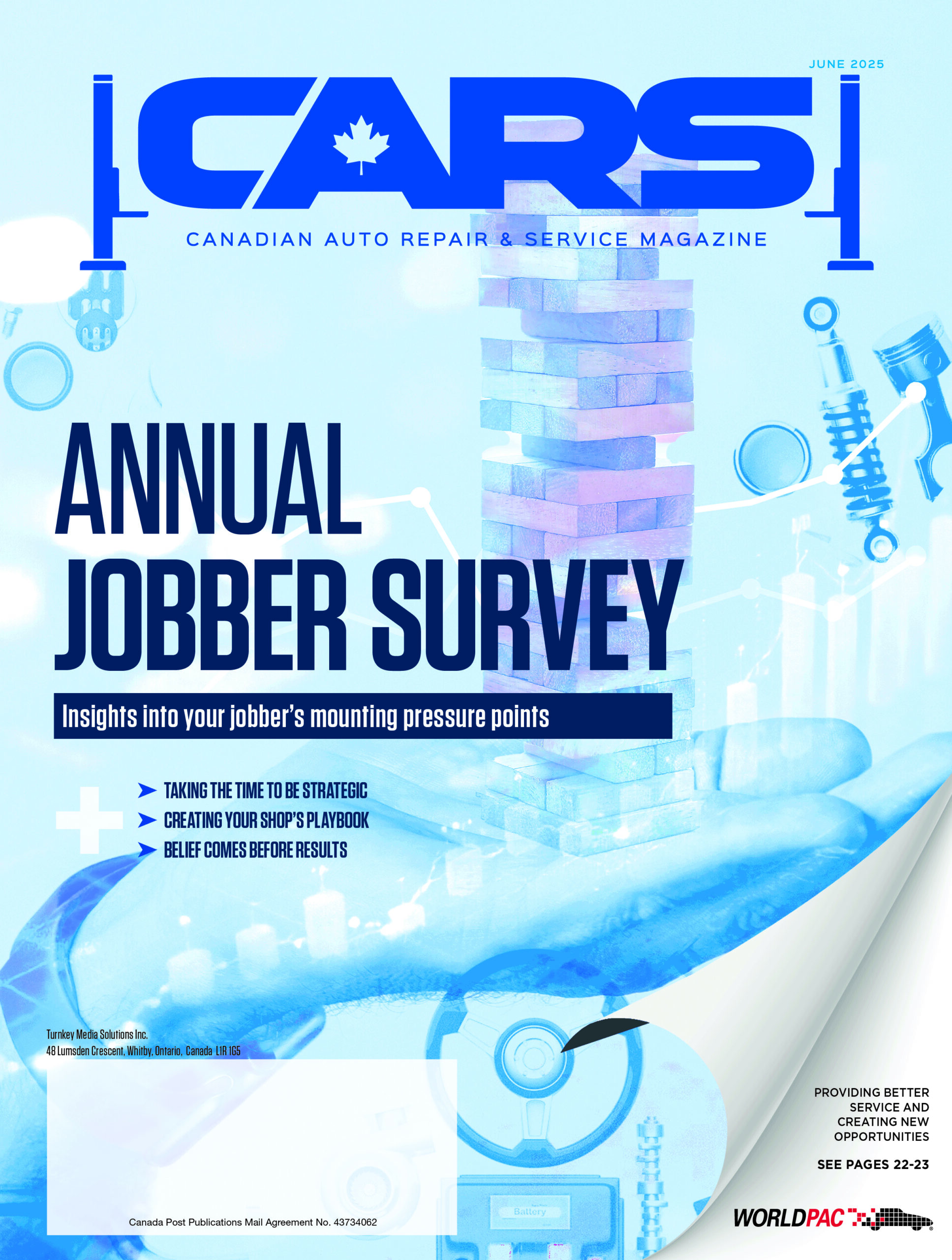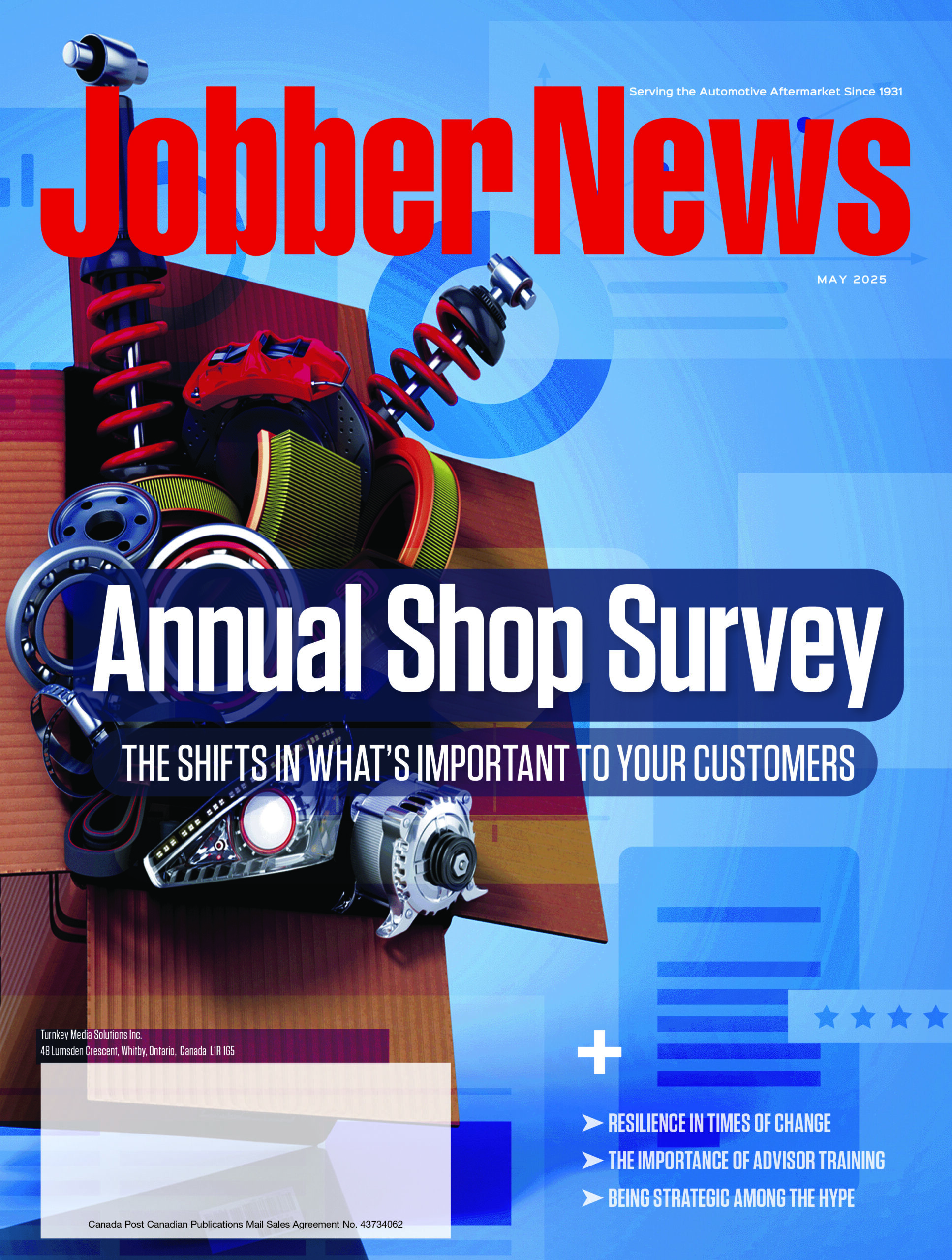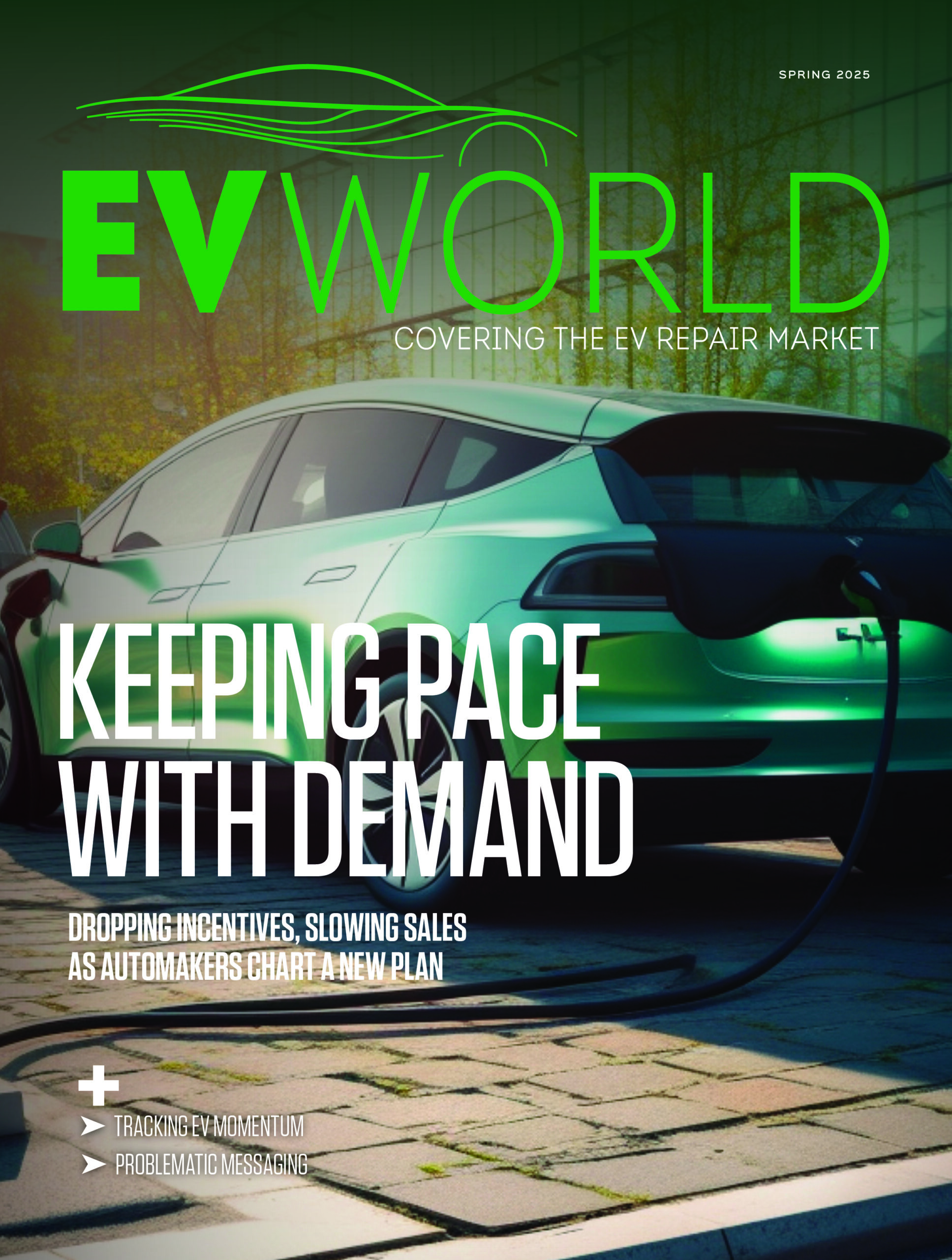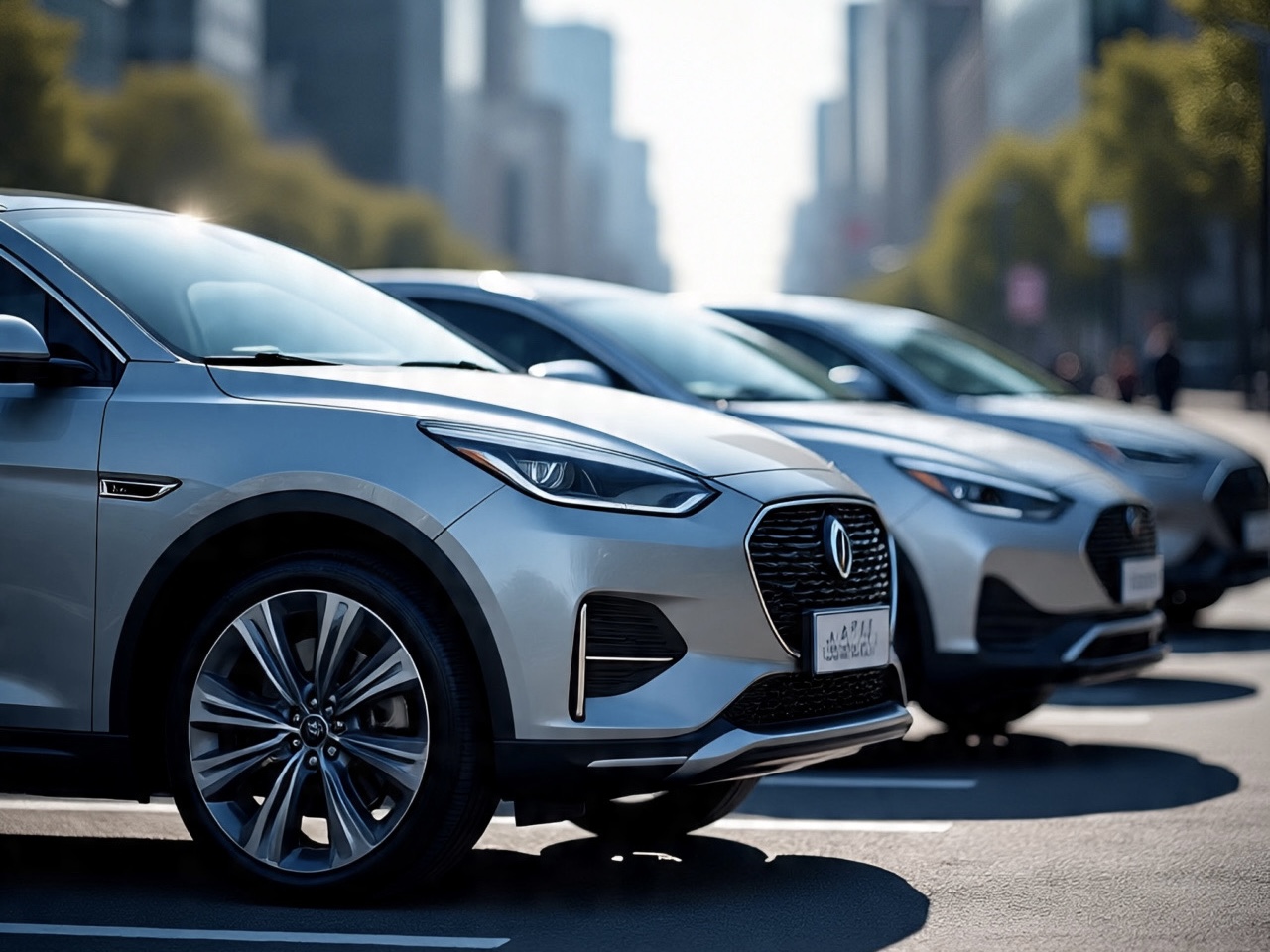
A piece of the autonomous vehicle puzzle became a little clearer after one insurance company recently put out a position paper in support of the technology, citing safer roads.
As all vehicles in operation in Canada must have automobile insurance, the question of the role insurance companies will play in the rollout has been raised.
Recently, Travelers Canada issued a position paper on autonomous vehicles and how it views the role and fit of autonomous vehicles in Canada.
“It is important to address public policy questions and challenges in a comprehensive manner that increases public safety, provides peace of mind, protects drivers and pedestrians, and spurs innovation,” it stated in its executive summary of the white paper, entitled Insuring Autonomy: How auto insurance will lead through changing risks.
Travelers ranked 12th in market share of Canadian property and casualty insurance companies, according to Canadian Underwriter’s 2021 Statistical Guide, using data from MSA Research.
The company noted that it supports measures that ensure safe roads. It believes autonomous vehicles “ultimately will benefit society by reducing the number of crashes, injuries and lives lost.”
Of course, as autonomous vehicles are still many years away, there are still many questions to be answered. Travelers highlighted the following ones it is wondering about:
- How long will it take to transition to a fully autonomous fleet?
- How long will it take for the anticipated benefits of AVs to be realized?
- What unintended consequences and disruptions will arise during the transition?
In terms of how insurance would impact the implementation of autonomous vehicles, Travelers doesn’t see much interference.
“The current insurance structure is already designed to adapt to evolving risk environments and would minimize regulatory uncertainty, market disruptions and consumer confusion,” the company said. “Continuing to rely on auto insurance for coverage, regardless of vehicle type, will also help to ensure consistency during the period in which AVs and driver-operated vehicles share the road.”
In fact, Travelers believes that the insurance industry is an important stakeholder as autonomous discussions move forward.
“The insurance industry should play a central role in AV policy-making and stakeholder discussions,” it said. “Lawmakers and regulators must coordinate and seek input from all relevant constituents to ensure a consistent, rational regulatory framework that addresses all potential issues.”













Leave a Reply